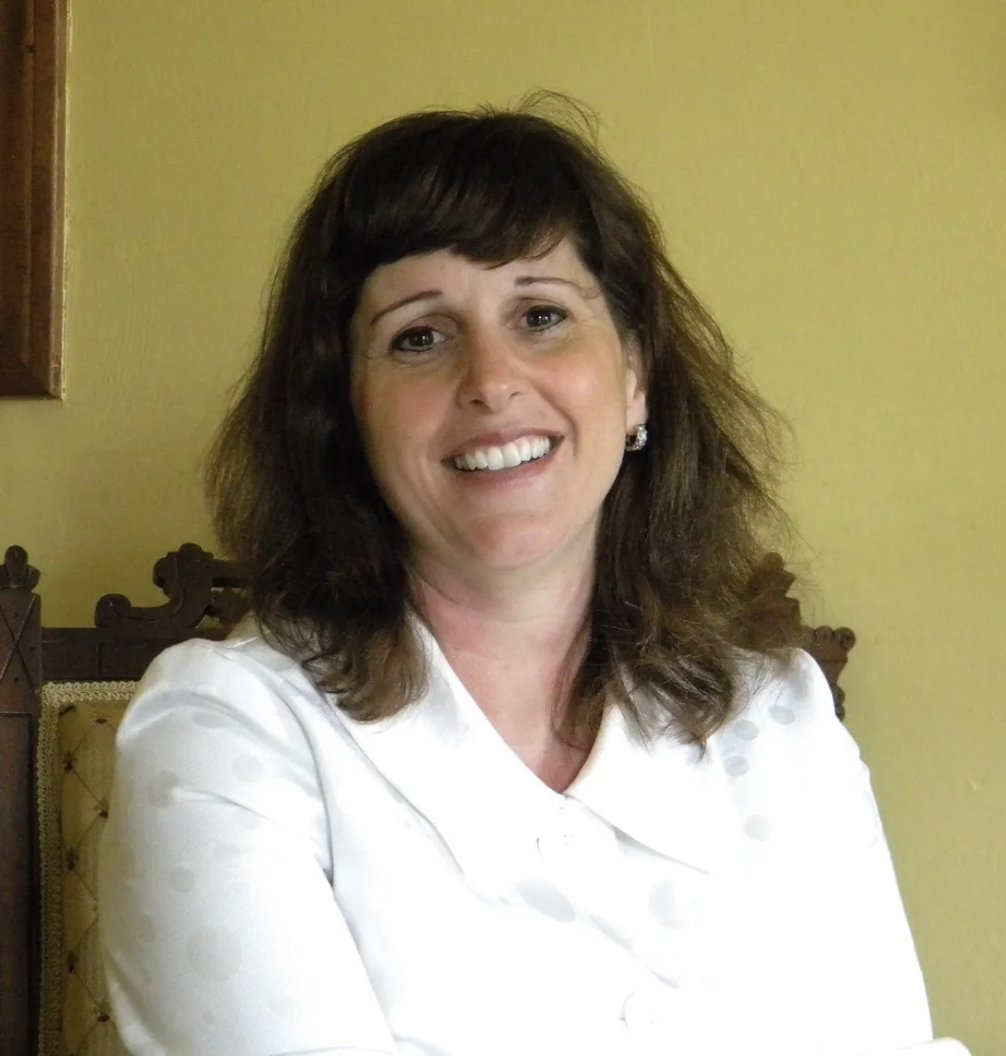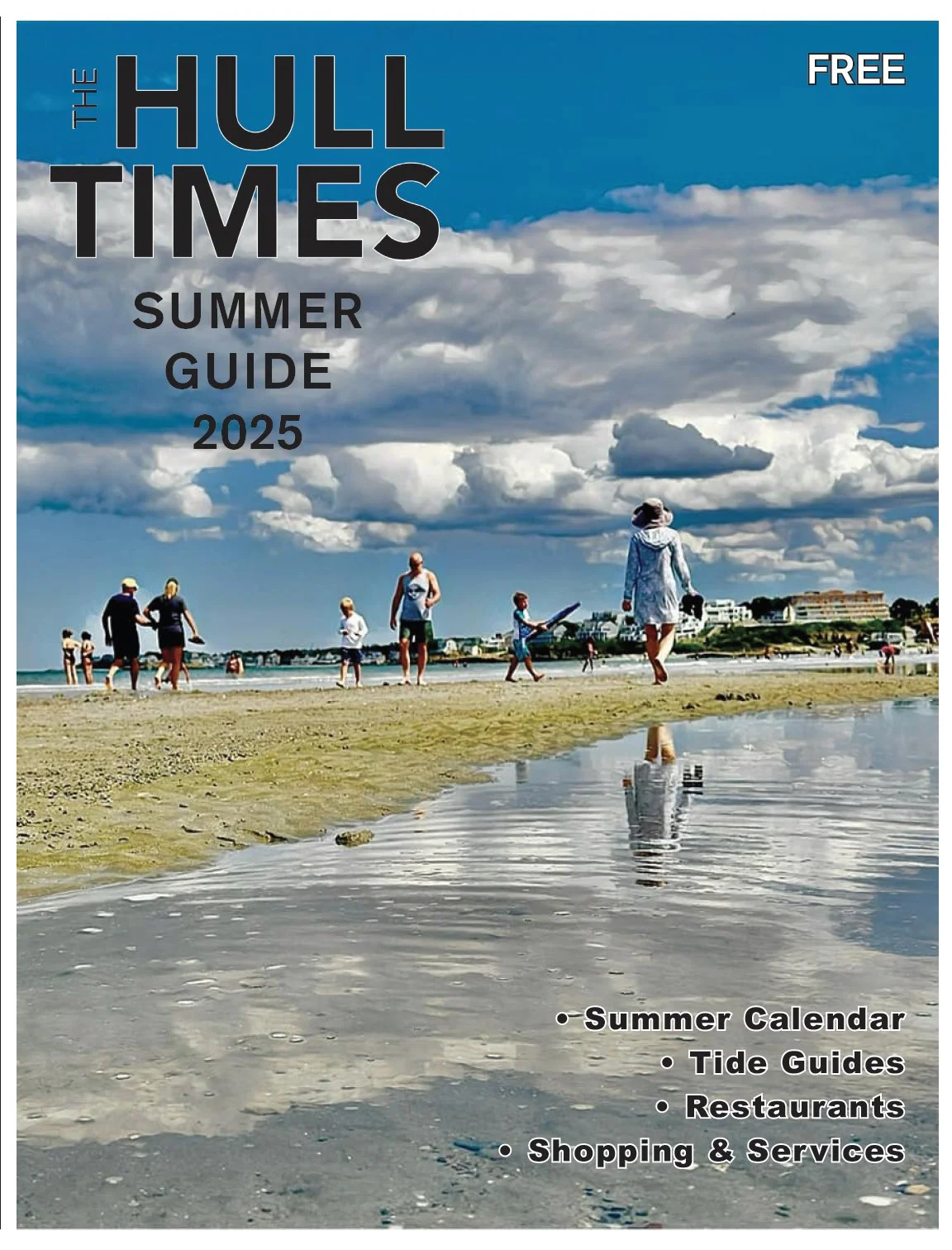“We are asking for an independent formal study to tell us how much this is going to cost taxpayers,” Vermilya said. “There is a lot of demand on resources and that is not going to go at zero cost.”
“The independent study will look specifically at what changes or upgrades are needed to each of these resources – water, sewer, electricity – costs of those changes, who is going to pay for those costs, and what resource decline might we expect for this development,” she said.
“I believe this is absolutely unactionable because of the independent nature of the HRA,” advisory board member Jay Polito said. “They (HRA) will not take direction from the town; if this passes, they can ignore it because of their charter and the way it is set up.”
The advisory board voted unanimously to recommend unfavorable action on the article.
As a founding member of S.O.S. Hull (Save Our Space), Vermilya said many in town feel “the HRA hasn’t checked all the boxes or done their due diligence about the full impact of this development.
“We don’t want to find out a year into the project that we need a new sewer plant or a new water tower because not there is so much water usage we can’t get water pressure down to the Village,” she said.
Planning Board Chair Harry Hibbard said the availability of services is part of the process of the planning board in reviewing development plans.
“We will hear from the electric company, the sewer department, public safety, water…everyone can chime in and have the opportunity to say whether this is or isn’t a problem,” Hibbard said. “It is my understanding, any system improvements that are required as part of this development will be covered by the developer and donated to the water company.”
Vermilya said she and the members of S.O.S. Hull understand that the select board will approve the HRA’s Urban Renewal Plan acting as “the voice of the community;” therefore, “if the community is concerned we don’t have all our answers to know whether this is good for our town, then the select board should be just as concerned.”
Advisory board member Jason Frady said that if the select board were to reject the HRA plan, it “does not dissolve the HRA and it doesn’t take away their land or money.” In such a scenario, the HRA could choose to engage developers in the bidding process asking them to submit their proposals for the land and omit further public input.
“No one wants to go there. HRA doesn’t want to go there. I don’t want to go there,” Zoning Board of Appeals Chair Patrick Finn said. “That is like the nuclear option…We don’t want to go back to the mistakes of the past.”
“We set the rules of the game; zoning,” Frady said. “If the development meets the requirements of zoning in the NBOD [Nantasket Beach Overlay District] it would be hard to object… The HRA the way it was voted on by the town, has the authority over that piece of land.”
The advisory board said it considers its recommendations in light of whether it can “advise town meeting in one direction or another,” and members concluded that they cannot recommend action that can’t be implemented.
“We have the duty to think about and guide the voters in understanding what we can and can’t force the town to do,” advisory board member Chad Wolfe said. “That doesn’t mean it can’t be symbolic…there is a lot of great symbolism in the town vote.”
Finn, of the board of appeals, and a candidate for the redevelopment authority, said the HRA is not working with a developer but is gathering ideas for what can be built on the property.
“Article 22 is to see if the town will vote to delay decisions on development proposals,” Finn said. “This isn’t a development proposal. It is a collaborative planning exercises with the Town of Hull that incorporates a two-way road plan.”
Despite the advisory board’s recommendation of unfavorable action, voters still will be able to debate and vote on the article at town meeting.
“We are asking to do this to formalize what impact this is going to have…In the end us taxpayers are going to be paying for it, potentially,” said Vermilya.
Do you have an opinion on this issue? Click here to write a Letter to the Editor.






















